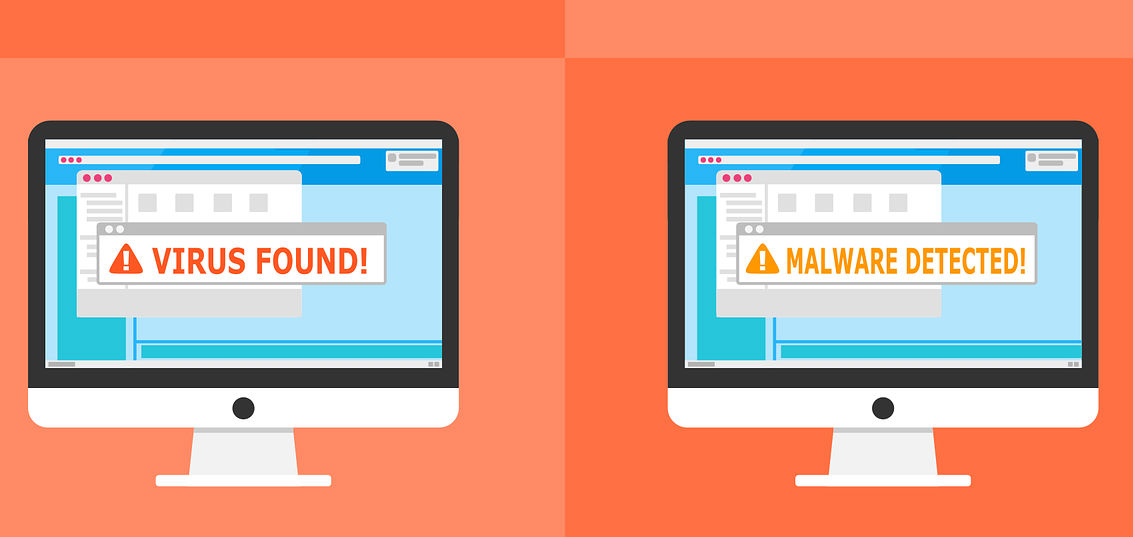IT Services continue to put security and sustainability first
Published October 17th 2018

Cyber-attacks are a threat that’s never going away, which is why security is a top priority for the university’s IT Services team.
One of their recently completed projects was to replace the firewalls with a more advanced product. The firewalls protect the university data network from malicious external attacks. The upgrade comes with a whole host of new security features.
Attacks
“It’s a much more advanced product,” says Geoff Bradley, Head of Academic Services & IT Operations. “The provider, Cisco, would have thousands of similar firewalls deployed throughout the world. At any given point in time some of their customers are being subjected to cyber-attacks.
"When this happens their firewalls feedback information to Cisco, who aggregate this information and provide our firewalls with information about the attack.”
The beauty of this is that IT can then dynamically respond to threats, which is a big change compared to the older, static style of firewall.
Despite the many layers of cyber security provided by IT Services, it’s human error that continues to pose the greatest threat in terms of keeping the university data network safe.
Password
“We have run an entire email phishing campaign deliberately targeting staff to raise awareness of the problem. It’s probably less than one per cent of staff who fall for these scams but one per cent of 7,000 active accounts still means that 70 people inadvertently give their username and password and potentially personal and university data away.
"We’re taking steps to remove this problem completely with the roll-out of something called two-factor authentication.”
Geoff says IT Services, who are usually delivering up to 20 different new projects at any one time, have also just completed the move to a new data storage infrastructure. An added benefit is that the new infrastructure is much ‘greener’ than its predecessor.
“We’ve manage to reduce carbon emissions by 55% when compared to the old system,” says Geoff.

